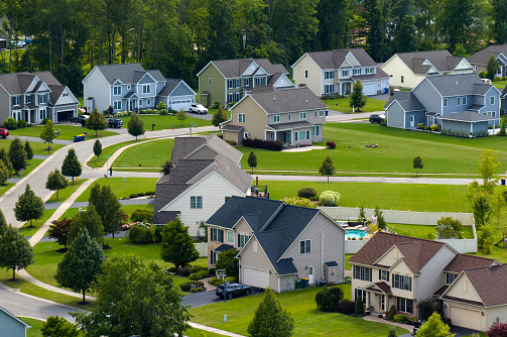Here’s just a little of what we learned.
- A community needs all of its members. We – as residents, community leaders, elected officials, and government employees – have to value the needs and aspirations of all our members. That means keeping a focus on the needs of people living in poverty, those who are middle class, and those who are wealth.
- Access to resources contributes to stability, and the differences between those who are resourced and those who are under-resourced play out in all aspects of life. According to Dr. Payne there are nine different types of resources.
- financial resources
- emotional resources
- mental resources
- spiritual resources
- physical health
- support systems
- relationships
- role models
- Knowledge of the hidden rules – those things that you know or don’t know. Each social and economic class has them. We usually learn what they are when we break them!
- Formal register – the ability to speak and write in language that is typically used in work situations and school. When people don’t speak in “formal register” in these situations they can be misunderstood – and sometimes suffer dire consequences – due to preconceptions that middle class people tend to have about how people should speak and what that means.
- Stability and access to knowledge are the bedrock of today’s middle class. Achieving and sustaining stability makes us “middle class.” All of us – regardless of our class – manipulate time and money in an attempt to achieve stability. How we manage our time and life is now a form of knowledge, and access to that knowledge is a new form of privilege. That was an eye-opener for us, and a reminder that we all need to think about how we – and our systems – judge people based on how “they” manage their time and their life.
- There is no one “cause” of poverty. Dr. Payne shared four causes, all of which are interwoven and interact together. These include:
- individual behaviors
- jobs, housing and transportation
- exploitation in the forms of racism, sexism, and predatory lending
- political and economic structures and policies
- Most of us have an idea about what causes poverty, but we don’t share the same idea. That includes:
- those of us who grew up middle class or wealthy
- those of us who grew up in poverty, and are now middle class and working with people living in situational or generational poverty
- Race and class are not synonymous. African Americans are not by definition poor, or from poor families. White people are not by definition middle class or wealthy. Yes, there are distinct correlations between race and class but if we don’t recognize the distinctions we cannot see ourselves and our community.
- Even though you might be African American, you cannot assume you understand the culture of poverty and how people living in poverty today make decisions and why. You may think you know, but you may have forgotten. And, the unspoken rules have changed.
- The “system” and people in power are constantly making mistakes. One reason is because the system operates on lag time: what was meaningful five years ago isn’t necessarily true anymore. And, the system operates on middle class values which are not always the values that people living in poverty use.
- We have to understand what drives people who are living in poverty.
- We have to be constantly educated to the changing culture and the pressures that affect people living in poverty. Things change almost from year to year, as changes are made in public policy, health care systems, transportation, education. Middle class assumptions are exactly that – assumptions.
You can learn more about Dr. Payne’s work at www.ahaprocess.com.
This workshop will be offered again next year. If you want to get on the invitation list, please reach out to the Assisi Foundation (901) 684-1564.
Copyright 2018 – Mel and Pearl Shaw
Mel and Pearl Shaw are authors of four books on fundraising available on Amazon.com. For help growing your fundraising visit http://www.saadandshaw.com or call (901) 522-8727.







